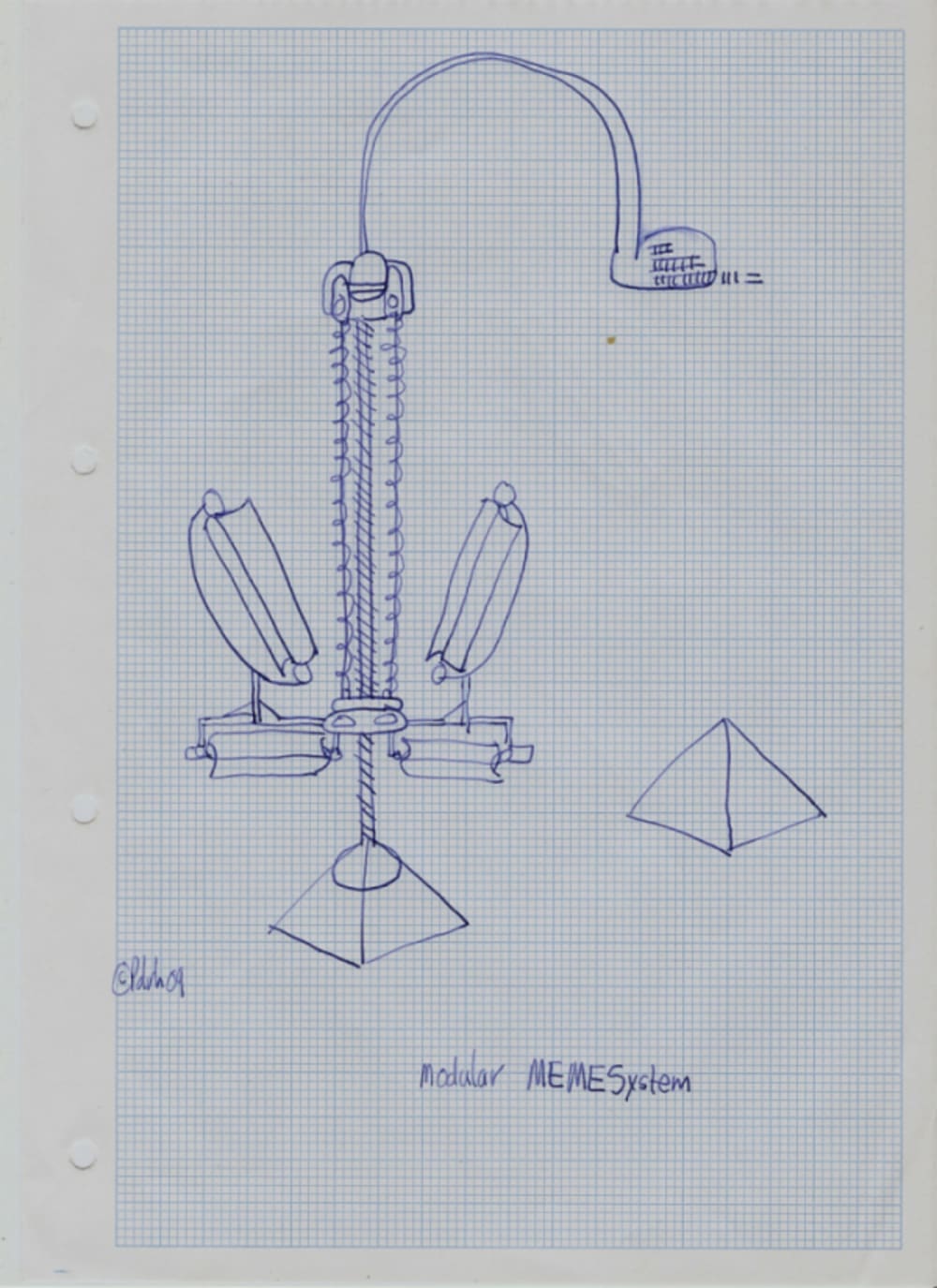Micro-Efficient Electro-Mechanical Multiplied-System Self-Sustaining Reactions: A summary.
The engagement with natural fields of force and their latent potentialities has been the focus of a subset of Breakthrough Propulsion Projects run by national space agencies for some years. One of the reasons for the space administrations interest is the promise of a self sustaining reaction to an environmental constant, which would provide a guided momentum for as long as the environmental premise held true. In this way the vast distances of interstellar space could be crossed without having to consider the conventional Mass Fraction of combustible propellants and their storage in-flight.
The fields that I have chosen to study as candidates for such a reaction, are twofold. The first field is gravitational force. On Earth we have a gravitational force of One Gee. On other bodies and within other solar configurations in the universe, Gravitational force is greater or lesser, in a manner inversely proportional to the mass of its object. Another field which is closely related but also quite distinct from gravitational force is inertia, and of special interest to the MEEMM SSSR, centripetal and centrifugal force.
I have purposefully designed apparatus that takes advantage of these fields to produce electricity which can then directly power applications, charge batteries, or be used to create further reactions, such as Asymmetrical Capacitor Thrusters or Ion engines in the case of space flight. This is however, but a projected offshoot of its terrestrial applications in transportation and energy generation. But in order to understand what manner of applications can be run, how much charge can be stored, or thrust achieved, we need to understand how the Electro-Mechanical apparatus interacts with its environments, and how that interaction can be sustained and multiplied, and by what orders of magnitude. For the purposes of understanding the diagrams, "dynamos" are held to be The wound-rotor doubly-fed electric machine which incorporates the most optimum electromagnetic design of any electric machine but requires a slip ring assembly which is its Achilles' Heel; otherwise, the wound-rotor doubly-fed electric machine (including electronic control) would surpass all electric machine systems, if efficiency, cost, and size of the system were the combined issue. The wound-rotor doubly-fed electric machine has found commercial success in very large applications with limited speed range, such as Windmills, where efficiency and low cost power electronics outweigh reliability issues associated with the slip ring assembly and the control complexity.
Like this entry?
-
About the Entrant
- Name:Paul Radford-hancock
- Type of entry:individual
- Hardware used for this entry:pen and paper, scanner.Software used for this entry:none
- Patent status:pending








